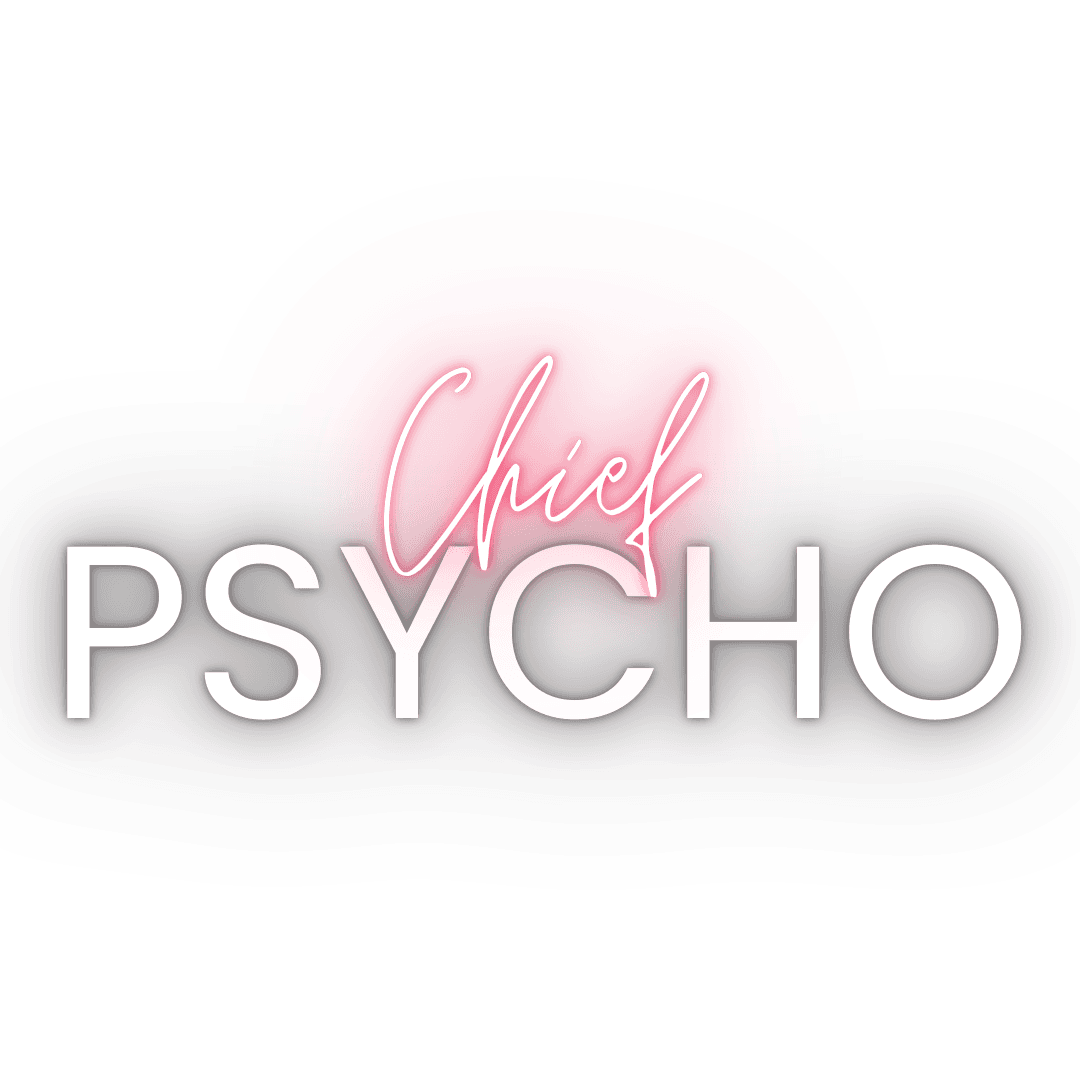The Importance of Effective Communication in Consulting
Effective communication is a vital component of success in the consulting industry. As consultants, our main objective is to provide valuable insights and solutions to our clients. However, without clear and concise communication, our efforts may be in vain.
The Power of Listening
One of the key aspects of effective communication in consulting is active listening. Listening attentively to our clients allows us to fully understand their needs, concerns, and objectives. When we actively engage in a conversation, we can gather the necessary information to develop tailored strategies and recommendations.
Building Trust and Rapport
Establishing trust and rapport with clients is crucial in consulting. Effective communication plays a significant role in building these relationships. When clearly articulating our ideas, actively listening to clients, and responding promptly to their inquiries, we can foster a sense of trust and confidence in our abilities.
Clarity and Conciseness
Consulting often involves complex concepts and data. It is essential to communicate these ideas in a clear and concise manner. Using jargon-free language and avoiding unnecessary technical terms helps ensure that our clients understand our recommendations and can make informed decisions.
Effective Written Communication
In addition to verbal communication, written communication is also crucial in consulting. Reports, presentations, and emails are common channels for conveying information. It is important to structure our written communication effectively, using headings, bullet points, and visual aids to enhance clarity and readability.
Managing Expectations
Effective communication also involves managing client expectations. Through setting realistic goals and clearly communicating the scope of our services, we can avoid misunderstandings and ensure that our clients have a clear understanding of what to expect from our consulting engagement.
Adapting to Different Audiences
Consulting often involves interacting with individuals from various backgrounds and levels of expertise. Effective communication requires the ability to adapt our message to different audiences. When tailoring our language, examples, and explanations to suit the specific needs and knowledge of our clients, we can ensure that our communication resonates with them.
The Role of Non-Verbal Communication
Non-verbal communication, such as body language and tone of voice, also plays a significant role in effective communication. As consultants, it is important to be aware of our non-verbal cues and ensure they align with our intended message. Maintaining good eye contact, using appropriate gestures, and speaking with confidence can enhance our communication effectiveness.
Continuous Feedback and Improvement
Lastly, effective communication in consulting is an ongoing process that requires continuous feedback and improvement. Actively seeking feedback from clients and colleagues allows us to identify areas for improvement and refine our communication skills. When we constantly hone in our communication abilities, we can better serve our clients and achieve greater success in our consulting engagements.
In conclusion, effective communication is essential in the consulting industry. Through actively listening, building trust, communicating clearly, adapting to different audiences, and continuously improving our skills, we can enhance our ability to deliver valuable insights and solutions to our clients.
